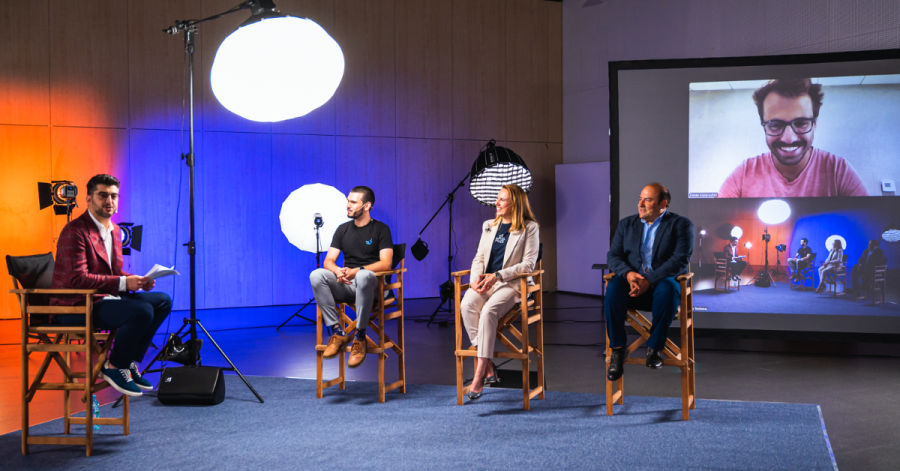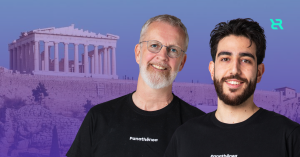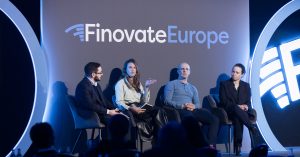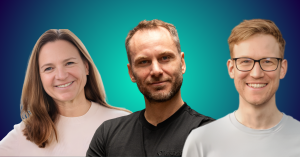How fast does a nanosatellite go around the Earth? What are the conditions for human beings in space? What is the purpose of the data derived from space?
Yesterday, Sofia Tech Park opened the curtain to such space tech questions with the third edition of Tech Park Talks.
The guests included Prof. Dr. Milena Georgieva from the Institute of Molecular Biology at the Bulgarian Academy of Sciences (BAS), Viktor Danchev from EnduroSat, Assoc. Prof. Dr. Kamen Kozarev from the Institute of Astronomy at BAS, and Delian Asparuhov from Varda Space Industries. They discussed the application of space technologies, factories in space, and nanosatellites.
Delian Asparuhov from Varda Space Industries shared the story of how he first conceived the idea of building factories in space and began seeking for companies to invest in with his VC Founders Fund. Eventually, he ended up turning up this vision into reality, founding the company himself.
One of the biggest milestones for far, happened in February this year. After seven months in space, Varda Space Industries’ W-1 capsule successfully returned to Earth, marking another step towards autonomously manufacturing pharmaceuticals in microgravity. A strategy that could ultimately reduce the cost of life-saving drugs.
And what happens to microbiology in microgravity? Prof. Dr. Milena Georgieva from the Institute of Molecular Biology at BAS unveiled some details for the audience, explaining that these processes are not the same as they are on Earth. She further clarified that new research is taking place, showcasing the effect of time spent in cosmos on a human being.
Milena is the founder of the startup EPIX.AI, which deploys AI and ML algorithms to decode genetic triggers and effectively organize and utilize the abundance of health data. Her insights on genetics and epigenetics and their impact on our organism sparked another topic on experimenting with a healthy lifespan and longevity.
Reflecting on how we could leverage life on Earth through democratizing space, the discussion was also joined by Viktor Danchev, CTO of EnduroSat, and Assoc. Prof. Dr. Kamen Kozarev from the Institute of Astronomy at BAS.
The key message was clear: space exploration is not only about searching for life and habitable planets, but also about improving and sustaining life on Earth more wisely and effectively.








